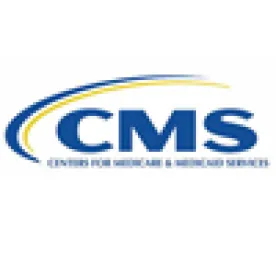Late last month, the Centers for Medicare & Medicaid Services (“CMS”) issued a request for information (“RFI”) seeking input regarding the Medicare physician self-referral law and its implementing regulations (“Stark Law”) and how it may prevent or inhibit care coordination amongst healthcare providers. As part of CMS’s broader “Regulatory Sprint to Coordinated Care” initiative, the RFI’s goals are, in part, to help identify the Stark Law’s regulatory requirements or prohibitions that may impede coordinated care, and to help CMS assess the necessity of these obstacles. To be assured of consideration, comments must be received by CMS no later than 5:00 p.m., August 24, 2018.
First enacted in 1989, the Stark Law generally prohibits physicians from referring certain “designated health services” to any entity with which the referring physician has a financial relationship if the services are paid under Medicare. While intent is irrelevant as to whether a party has complied with or violated the Stark Law, CMS has promulgated several broad exceptions covering a variety of common financial relationships. However, because the Stark Law was developed in a fee-for-service environment where care collaboration amongst providers was less common, the Stark Law and its exceptions might not permit many arrangements which may be beneficial to care coordination and pose little risk to program integrity. CMS itself seems to have recognized this in developing its alternative payment programs, offering fraud and abuse law waivers covering the Stark Law for program participants meeting certain conditions. For example, CMS provides broad waivers under the Medicare Shared Savings Program permitting many forms of arrangements that would otherwise be prohibited under the Stark Law.
The RFI appears to be an initial step toward a broader re-evaluation of the Stark Law and its impact on the development of integrated delivery models, alternative payment models, and other provider initiatives to improve financial and clinical outcomes. Specifically, CMS is looking for input covering 20 wide-ranging topics including:
- What, if any, additional exceptions are necessary under the Stark Law for parties participating in alternative payment models and/or care integration/coordination models;
- The utility of certain existing Stark Law exceptions;
- Thoughts on certain critical terminology;
- Thoughts on how to define “commercial reasonableness” and approaches to modifying the definition of “fair market value”; and
- The role of transparency in the Stark Law context.
CMS is clear that the RFI is simply a request for information, and makes no commitment to make any changes to the Stark Law. Nevertheless, the RFI represents a notable, if limited, step to possible Stark Law reform, and we will continue to monitor and report on this initiative.




 />i
/>i
